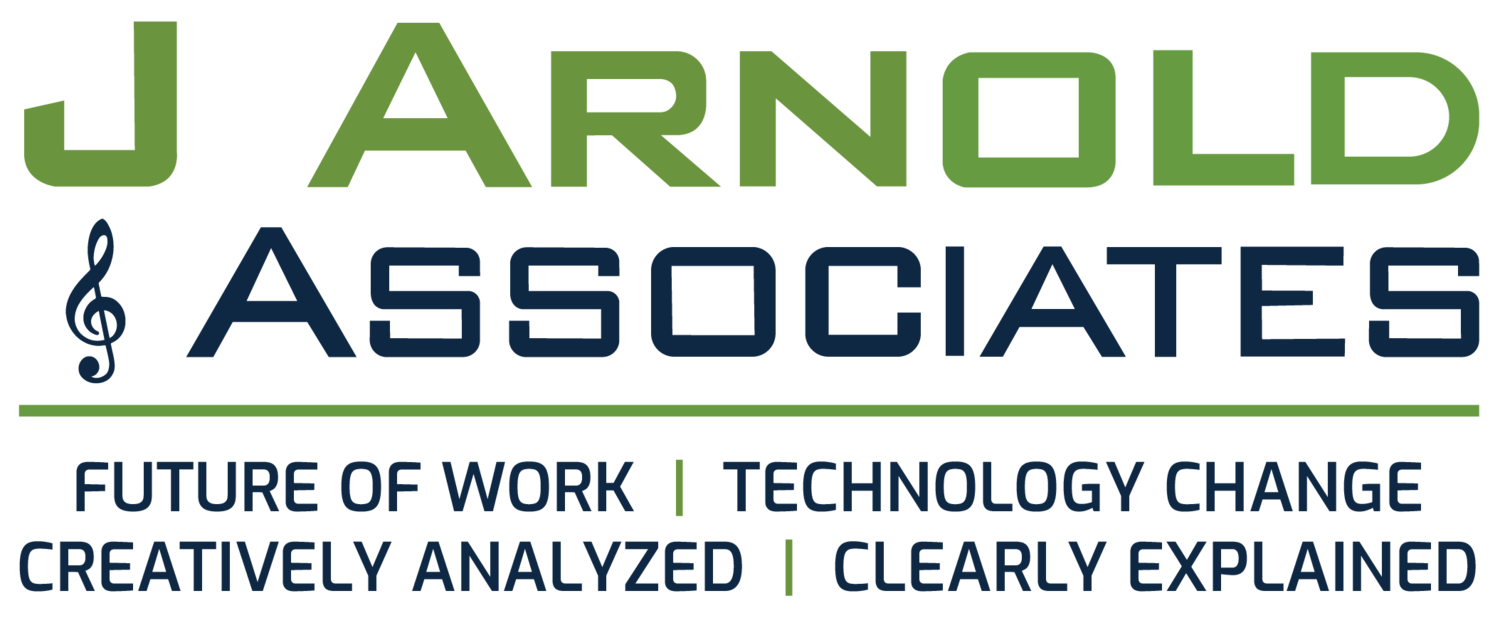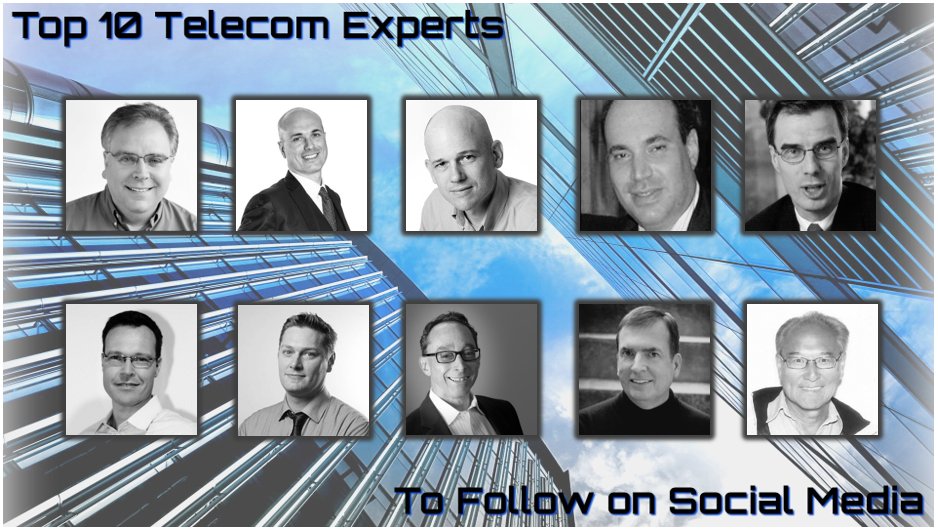I've been posting photos and snippets during
eComm this week, but composing my overall impressions has been another matter. Sitting through 3 days mostly filled with continuous 15 minute presentations is a surefire recipe to fry your brain, and most people I talked to were topped out well before things wrapped up Thursday night. It's information overload of the highest - and best - order, and I'm not alone in needing some time to decompress and gather my thoughts about what it all means.
Here's my top-line takeaway, and reading the rest of this post is really just detail. But it's detail you'll probably love if you really want to know what you missed.
So, what does it all mean, this eComm thing? I don't know - really.
Was it a conference? Sure - we met, we conferred, we learned, business got done. A trade show? Definitely not - thankfully. It had elements of an unconference and the feel of an academic symposium at times.
eComm has a distinct feel that's different from other events, and I'm beginning to think it's becoming the prototype for 2.0-style conferences - whatever
that means.
Leaving all that aside, my main message is this - how I feel at the end of the day is what really matters.
Whatever you want to call eComm, I came away feeling that Lee was right - this wasn't an event you should have attended, it was an event you NEEDED to attend. If you already know that, then you don't need to read any further - but
if you don't know why, then stay with me here for a few minutes.
First off, the requisite kudos to
Lee Dryburgh must yet again be pronounced. I've never seen a conference organizer get a standing O before, but it was warranted, and everyone felt good doing it. As an Advisory Board member, I know all too well how much heart and soul Lee has put into eComm, and in case you didn't know, he's not doing it for the money. Sure, he wants to make a buck like all of us, but it's not his motivation for doing eComm - otherwise, it never would have gotten this far.
Thanks again Lee - now go spend some parental time with your daughter - am sure she misses you.
Lee's still a novice in the show business, and while many things could have been done better, nobody was complaining - there's a feeling here we're all in this together - kind of like the way rock music was before it became big business in the mid-70's. Before that, audiences had a much more direct connection to the bands, and it was all about the music. Nothing like the way it is today. Many of us in the audience at eComm were speakers, and there was a fluid flow of engagement between listeners and presenters - the way it should be. And of course with most people Twittering away, there was a real-time sense of community developing and bonding before our eyes. I'm pretty sure that was the vibe Lee was shooting for, and he got it in spades. You can't buy that, and it sure doesn't happen at bigger, more professionally run shows.
I should also mention that Lee added a nice touch by donating 10% of the show profits to a local charity, and had a brief presentation around this towards the end of the last day. As mentioned, it's not about the money for Lee, and while we're all happy that eComm 2009 did turn a modest profit, it says a lot when someone who gets such a small return for so much work still has enough heart to share with those who truly need a hand, especially in today's economy. This is not how show business is usually done, and it's another reason why eComm is different from other conferences.
Before moving off the thank-you soap box,
kudos are also due to Comunicano for all their behind the scenes work to get eComm in the media spotlight and help generate the coverage it deserves.
Andy Abramson and his team know this territory as well as anybody, and their pro-bono support makes them an important part of this emerging community.
It's always a special feeling being part of something from the start, and that alone made being there great. Most of us were more than just passive spectators, and Lee was quite receptive to giving people a chance to contribute. Many of the speakers would not fit into the formats of other shows, so the diversity of viewpoints and topics was another important reason to be there. The eComm format is fairly rigid, but content themes were the opposite - loosely defined at best. There weren't multiple tracks where you go to Hall B for wireless, Hall G for video, Hall J for regulatory issues, etc. It all took place in one room, and we were all subjected to a nearly endless parade of 15 minute speaker slots.
Lee was the ruthless timekeeper, and when the gong sounded, off you went. Some begged for 10 seconds more, but to no avail. I was very sceptical about this approach last year, but he's made it work, and now I'm a fan. Anyhow, this is a long-winded way of saying eComm is a pretty distinct breed of conference, and if you came for the content, your time and money was well-spent.
The challenge, of course, is trying to absorb it all. That's my major concern, but even if you just take half of it in, I'm pretty sure you'll come away some very fresh and inspired thinking.
Oh - one other thing - and it's a big one. Although the audience makeup seemed heavy on developers and light on service providers,
it's not clear to me whether eComm is friend or foe to the carrier community. I had this fundamental concern last year, and I'm not sure if it's any clearer this time around. You may say that's a red herring since it's obvious that the eComm crowd is not a fan of big telcos. It's like trying to ignore George Bush while he was in office.
No amount of chest thumping from iPhone-toting developers is going to change the status quo. I need to be careful here, of course, since good changes ARE happening. eComm is helping define an incredible market opportunity that will happen, and you could just as well argue that the onus is on the incumbents to decide if they want in and be on the right side of history. And a few of them were at eComm - Sprint, T Mobile, SaskTel - either bravely or with a sense of vision. So, maybe it's by design that eComm is ambiguous in its embrace of the telcos - or maybe Lee hasn't figured that part out yet himself.
It IS clear, though, that Lee is calling for an evolution in the telecom world - not a revolution and overthrow of the evil regime. This problem is not unique to eComm. In its heyday, VON was not seen as carrier-friendly by the telcos, but some came along grudgingly because they knew change was coming and needed to see what all the fuss was about. Tricky stuff here - let's move on.
The main thing I'm getting at is that the eComm message needs to be heard by the incumbents - it's still their world. On that count, I think eComm still has a ways to go.
So, I'll share some of the content highlights with you now. I should preface this by saying that from what I could tell I was just 1 of 3 industry analysts at eComm, and the only one from North America. Lucky me. So, don't waste your time scouring the websites of Gartner, IDC, Forrester, etc. for first-hand accounts.
This is the only one you're going to find on this side of the Atlantic.
It's an Apple world, folks. No surprise, given we were in San Francisco. The vast majority use Mac computers and iPhones. I'm definitely in the minority with my Bold and Toshiba notebook, but hey, the broadband worked just fine for all of us. Despite that, I have no qualms recognizing how brilliant Apple is at branding their products. I was onstage only once, moderating the Voice 2.0 panel. Looking out into the audience, I couldn't help but notice a sea of illuminated Apple logos beaming back at me from the covers of everyone's Macbooks. Great marketing.
I digress. Regarding content, the iPhone was a recurring theme, perhaps the most common one overall. You'd think developers have sworn wholesale allegiance to Apple. Actually there was quite a bit for Android too, and this points to a broader meta-theme of wireless applications. No surprise there, and if mobility is your passion, you would have found something of interest in almost every presentation.
Baby, baby it's a wireless world. I've been waiting a long time to use that line, and I'm sure Cat Stevens won't mind. Aside from all the life-changing - or just plain fun - wireless apps we learned about, there was a lot of time spent around wireless spectrum issues, and the broader topics of regulation, social policy, net neutrality. It's actually a pretty bleak picture for those of us in the U.S. and Canada for that matter. There's so much opportunity being squandered by a lack of will, vision and the trumping of private interests over the public good, and we just look so philistine compared to Europe and Asia. The people who have the right answers were in our midst at eComm, but there's a sense of frustration, anger, resignation, etc. about how to get good governance in place to properly equip us for the Information Economy.
Lee - we need more focus on this in 2010.The future is cool - really cool. I found Thursday the best in terms of speakers telling us what the future holds. In particular, there were really engaging presentations from
Mark Rolston of Frog Design, Jeevan Kalanithi of MIT Labs, and Stefan Agamanolis of Distance Labs. Other standouts that made me think and re-think about what's coming include Thomas Howe - now of Jaduka, Malcolm Matson of OPLAN Foundation, Xuedong Huang of Microsoft, futurist Gerd Leonhard, Ge Wang of Smule (can
you perform Stairway to Heaven on your iPhone? - he can show you how). I'm not going to expend another 2,000 words telling you what we saw - just take my word for it, or do some searching on your own. Better yet, plan to come to the next eComm and see for yourself. You won't be disappointed.
Ok, folks, this post is getting long, and I'm not getting paid to do this, so I'll close off with a few more quick highlights that made eComm worthwhile for me.
My Voice 2.0 panel. Not so much because of me, but we had a great lineup who showed the audience that innovative and profitable voice-based applications are out there today. It was also very satisfying to see that the
Wall Street Journal picked up on this theme and wrote an article about our panel.
Daniel Brusilovsky/Teens in Tech. My personal favorite highlight. Daniel is just 16, and is a budding 2.0 star. He's got a cool
portal, does quite a bit of consulting, and manages to stay in high school. This is another thing that makes eComm cool - where else are you going to see a 16 year old up on stage? It was particularly sweet for me, as
my oldest son, Max,
presented last year (he was 15 then) and set a nice precedent that I hope Lee continues. Anyhow, Daniel spoke about how teens are using things like the iPhone, and pretty much stumped the audience when he asked what the average age of an iPhone user is.
Care to guess?Two more quick snippets that have been rolling around in my mind...
Martin Geddes - he's gone to BT now, and was the first to go in
Andy's draft list. He spoke via video, and was very good - he always is - that's why BT hired him on. Anyhow, he said one simple thing that seems very much at the root of the tension eComm is trying to get us focused on. Telcos have long assumed that our time is not valuable, but their network operations are. No doubt that networks have historically been expensive undertakings, but just because we pay for the privilege of using your services doesn't mean our time is cheap.
Martin correctly notes that today the opposite is true - networks are relatively inexpensive to operate (IP, anyway), and our time is in fact quite valuable. With so many options for communications and entertainment, our time is damned valuable -
why the hell do you think we multitask so much!?!? Too much choice can be a bad thing, but in this world, we have to make choices about where we spend our time, how we spend it, and with whom. Telcos that take our time for granted will be left with expensive networks and no customers. I can only presume that BT gets that.
Ribbit's presentation - Crick Waters gave a nice Darwinian-flavored overview of how communications has evolved and how the natural selection process explains which features survive. No revelations there, but I don't think he ever referenced the fact that Ribbit is now part of BT. Interesting, since his talk followed Martin's, who was clearly wearing the BT hat. Is it just me? For those of you who follow Ribbit or read
my TMCnet column, you'll know that the Ribbit brand stays in place, and in fact, they are free to pursue other carrier business outside BT. Am not sure how they did that, but it gets them the best of both worlds. Nice.
Anyhow, given my earlier comments about whether eComm is friend or foe to big telcos, I thought this would have been a great opportunity to say how savvy BT was to embrace this space and put their money on the line for Ribbit. Whether they overpaid is another story, but
considering where Ribbit was a year ago at the inaugural eComm, they are without a doubt the poster boy to which all voice platform vendors aspire to - and I think it's great that eComm attendees get to bear witness to how much can change in a year's time - wow.
There were quite a few Ribbits-in-waiting at eComm -
Voxeo, Mobivox, Jajah, Jaduka, Ifbyphone - and
my instincts tell me that at least one of these will have a good news story to share with us at the next eComm. If so, Lee, you'll start to get a rep as a king-maker, and in that case, you'd better start raising the cost of admission and sponsoring!
That's my story, and it's a long way of saying eComm was a great event, and should now be considered a must-attend for thought leadership, innovation and community in the telecom/communications sector. I'm glad to have been a part of it, and am looking forward to helping get the next one going.
If you haven't had your fill, have a look at posts from fellow eCommers such as
Dean Bubley,
Andy Abramson and
Jim Courtney.
And if you can spare another few hours, hop over to the eComm site to review the play-by-play
Twitter backchannel, the
eComm blog, and Duncan Davidson's
photo gallery. If you can do all that, you'll make Lee feel real proud, and you won't have any excuse not to attend eComm 2010.











